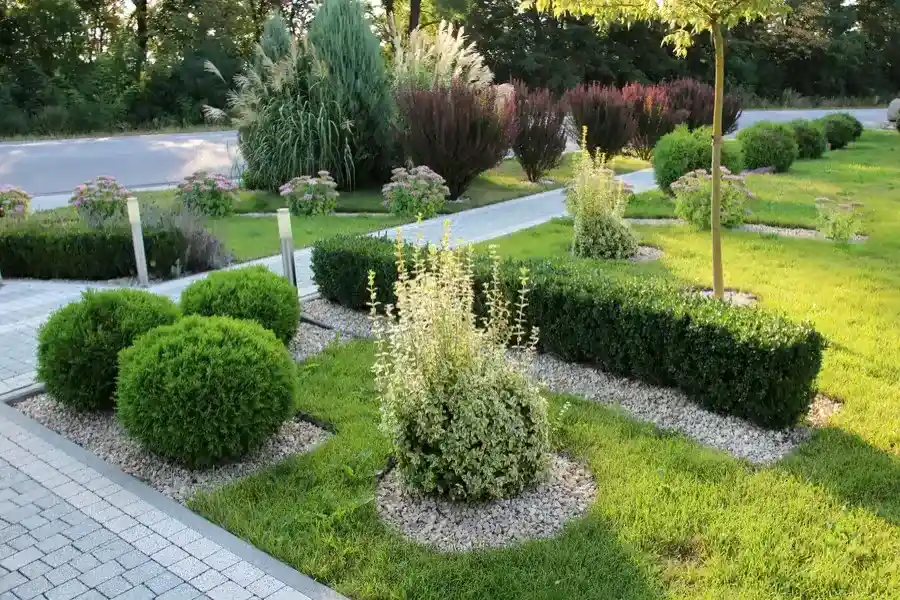How Proper Care Can Benefit the Environment
Sustainability is a growing concern for many communities and businesses today. The way we manage our landscapes can have a big impact on the environment. Proper care not only keeps areas beautiful but also supports ecological health. By focusing on sustainable practices, we can reduce waste and conserve resources. This guide explores how landscape management contributes to sustainability and provides practical tips for implementing eco-friendly practices.

Environmental Benefits of Sustainable Practices
Managing landscapes sustainably offers numerous environmental benefits. One major advantage is the conservation of water. By choosing native plants that require less irrigation, you save this precious resource. Additionally, reducing chemical use helps protect local wildlife and waterways from pollution. Sustainable practices also promote biodiversity by creating habitats for various species.
Improving Soil Health Through Smart Management
Healthy soil is vital for a thriving landscape. Landscape maintenance plays a key role in enhancing soil quality. Using organic fertilizers instead of synthetic ones enriches the earth without harming it. Regular mulching protects soil moisture and reduces erosion. These actions lead to richer soil, supporting plant health and growth.
Energy Efficiency in Outdoor Spaces
Thoughtful planning can make outdoor spaces more energy-efficient. By strategically placing trees and shrubs, you can provide natural shade, reducing the need for air conditioning in nearby buildings. This approach lowers energy consumption and utility costs. Moreover, using solar-powered lights in gardens or pathways further enhances energy efficiency.
Reducing Waste With Eco-Friendly Techniques
Waste reduction is another critical aspect of promoting sustainability. You can achieve this by composting organic waste like grass clippings and leaves. Composting turns yard waste into valuable nutrients for your garden. Additionally, reusing materials such as stones or wood in landscaping projects minimizes landfill contributions.
- Choose native plants to conserve water
- Avoid harmful chemicals to protect ecosystems
- Compost yard waste to enrich soil naturally
- Implement solar lighting for energy savings
Cost-Effectiveness of Sustainable Landscaping
Many believe that sustainable practices are costly, but they can actually be economical. While the initial investment might be higher, long-term savings are significant. Reduced water bills, lower maintenance costs, and decreased reliance on chemical treatments all contribute to financial savings over time.
Implementing Best Practices for Sustainability
To enhance sustainability in your landscape, follow these best practices:
- Select drought-tolerant plants to minimize water use
- Regularly maintain soil health through natural fertilizers
- Incorporate rainwater harvesting systems
- Create compost bins for recycling organic materials
- Opt for manual tools to reduce fossil fuel consumption
The Importance of Community Involvement
Community involvement plays an essential role in sustaining green spaces. When neighbors work together, they can create larger environmental impacts. Hosting workshops or volunteering for local garden projects encourages shared responsibility and education about eco-friendly practices.

Your Path to a Greener Future
Embracing sustainable landscape practices leads to a healthier planet and community well-being. At Zebco Outdoor Services, we offer expert guidance on creating eco-friendly outdoor spaces tailored to your needs. Located in Smiths Station, AL, our team understands the importance of sustainability and is ready to assist you. Contact us at (334) 454-7198 for a consultation and take the first step toward a greener future.
